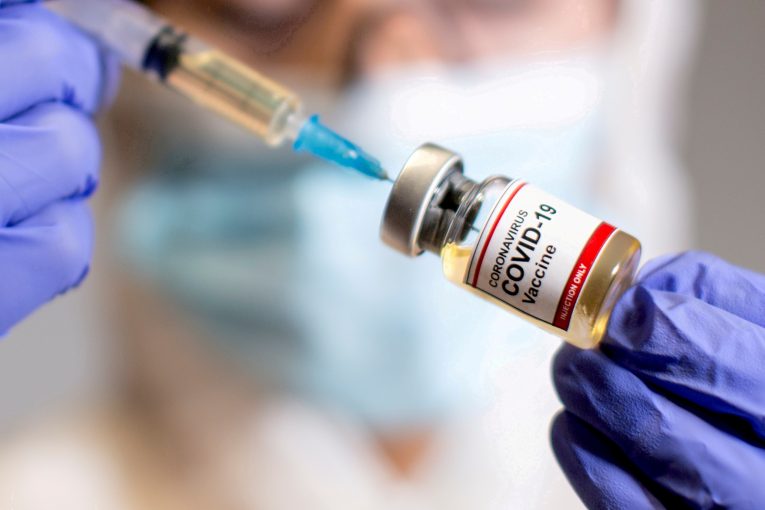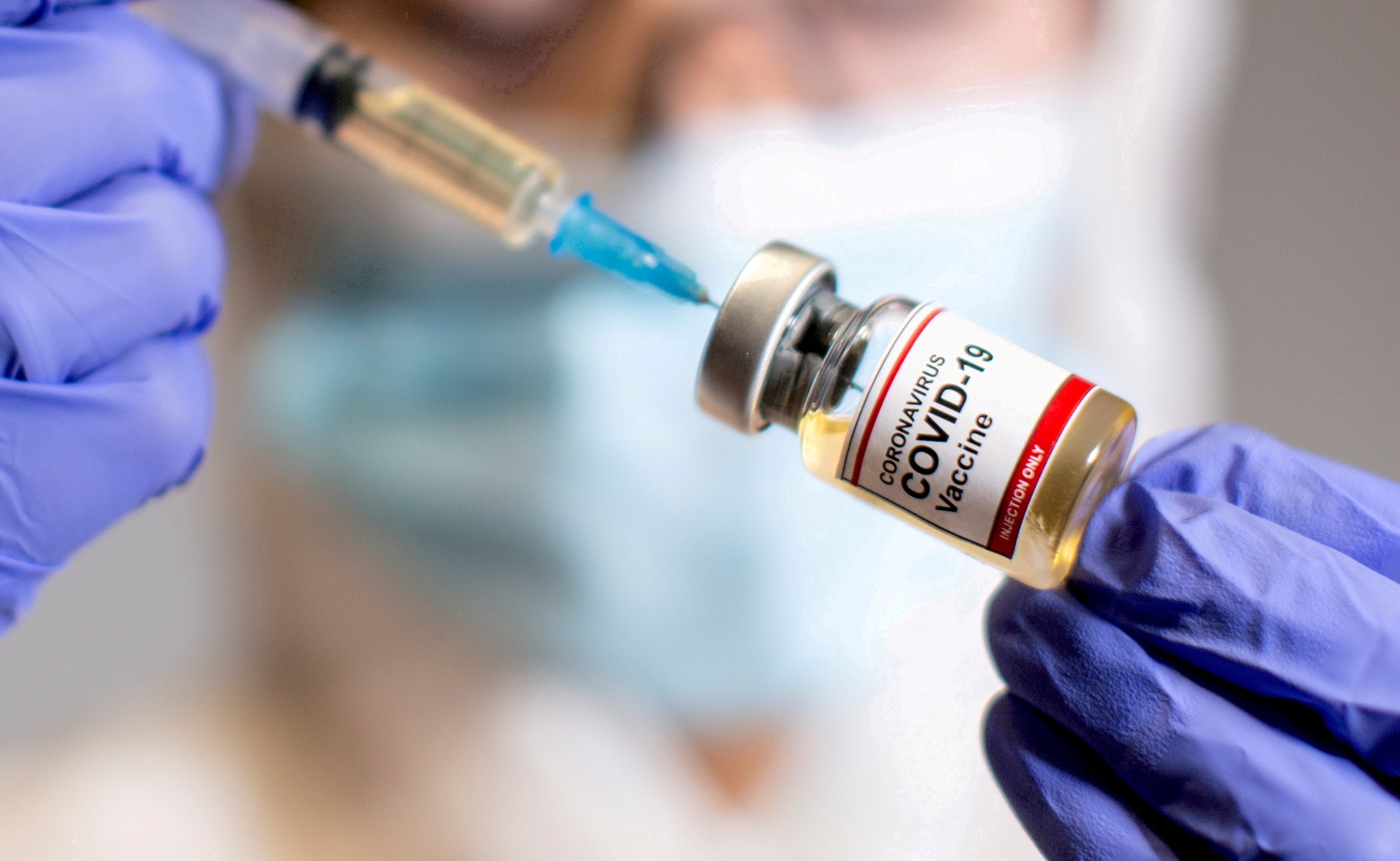

By David M. Greenwald
Executive Editor
Since the start of the pandemic, issues of government and health based restrictions have been framed by those—especially on the right, though not exclusively—as an issue of freedom and rights. The argument goes that the individual and not the government should determine issues like masking, social distancing, and the like.
That issue has been amplified severalfold with the issue of vaccinations and whether or to what extent government and/or employers can mandate them.
In this piece I will argue that, while there are issues of freedom and rights embedded into this debate, for the most part and this extends well beyond the realm of COVID, we have misconstrued the issue of freedom way too narrowly.
When people yell freedom in this society, most often they are thinking along narrow self-interested lines. I want the freedom to do what I want.
The problem is that the government cannot operate along those lines of freedom. The government generally thinks not in terms of freedom but in terms of rights. Allowing someone to exercise their rights is relatively straightforward. Where government exists, however, is at the point where rights conflict—government has a responsibility to arbitrate and weigh on situations where my rights conflict with yours.
Many people yelling freedom forget this fact. The government has the obligation in my view of not only arbitration in the conflict of rights, but ensuring that the laws, to the extent possible, offer equal protection.
We may often think of freedom versus safety—the but reality is that safety is another way of designating other people’s rights. You may have the right to run down the street. But when you run into the street, you are putting other people’s rights in jeopardy—not only their freedom of movement but also their freedom to live.
So the government preemptively steps in to create a set of rules that we follow. So we have traffic laws that prescribe and proscribe movements and govern when and where pedestrians can cross roadways and which laws that drivers have to obey to create as safe of an environment as possible.
What determines those laws? In part, community standards. But in part, a risk assessment.
Let us use speed limit as a case example here. In most places there are laws governing the maximum speed. Those laws generally allow people to drive at a faster rate of speed on the open road than on narrow and crowded city streets where there are more likely to be pedestrians and traffic controls.
Speed limits are limits on freedom. That’s one way to look at it. But another way is it is the government’s decision to arbitrate between competing rights. My freedom of movement is circumscribed by your need to be able to safely move from point A to point B.
How does the government determine speed limits? A lot of it is based on risk assessment. The faster you go, the more freedom you have to determine your own safe rate of speed. But we know from studies, the faster you go the more likely driver error or roadway conditions are to create hazards, and so we weigh freedom against risk and arrive at a somewhat subjective limit for upper speed. That can vary state to state and also by location, but at the end of the day, risk assessment guides it.
In general, in the non-economic realm, I tend to be more libertarian. In fact, I generally consider myself a civil libertarian. I oppose government limits on free speech, think that most drugs should be legalized and, if not, decriminalized. I think things like sex work should be legalized but regulated.
I am more libertarian on things like gun laws than many on the left.
But I have a hard time understanding the freedom dimension to reasonable regulations with regard to COVID.
The problem again with COVID is that regulations are not about individual liberty exclusively. For example, if COVID were such that the precautions only impacted your own health—then by all means take whatever risks you want.
Let us take smoking as a good example here. If someone wants to smoke, that puts their health at risk. I am fine with that (we can debate the extent to which society should have to pay the bill for cancer treatment or the extent to which it is fair that we have to pay higher health insurance premiums to mitigate that risk, but that’s a slightly different question).
But most places determined that you may have the right to smoke by yourself outside, but smoking can also impact others. Second hand smoke poses a health risk, and so most indoor places in most states have now forbidden it—you used to be able to smoke on planes, in restaurants, at bars, now you can’t.
Wearing a mask is pretty much the same issue. When you don’t wear a mask, you actually put other people’s health at risk, not your own.
Government therefore has a compelling interest in mandating masks to prevent disease spread.
I have heard people argue that if you want to live in fear, that’s fine, but they don’t choose to. But the mask issue is more complicated. If it again were merely about you avoiding getting sick if you didn’t wear a mask, there would be a more compelling argument. But the mask issue is actually the opposite, it prevents you from spreading the virus to others. That’s a little different.
Vaccination, of course, is more complicated. You are not talking about a temporary and passive use of masks. You are talking about whether the government has an interest to compel an individual to inject something into their body.
I would argue that they don’t.
However, freedom to act is not freedom to live without consequences or choices.
The government in my view, does have a compelling interest in regulating who can operate in the public realm and create increased levels of risk. Therefore the government I think has the ability to regulate who can enter public buildings, it has the ability to regulate who can go to restaurants, bars, and gyms, and it has the ability to weigh your freedom to not vaccinate against society’s freedom to incur undo risk at entering the public realm.
Bottom line, I think the government does have the right to place restrictions on those who CHOOSE not to vaccinate. They are making a choice.
I have seen people say that they can choose not to wear a mask or not vaccinate and if I don’t like it, I can choose not to leave my home.
Sorry, but we both have equal freedoms here. Our rights conflict. And there when rights conflict, the government has the duty to arbitrate those conflicts and they do so by managing risk. Right now in the middle of a pandemic, the government interest in protecting health and safety outweighs other factors.
When that risk is reduced—as we have seen at various times—government can and will remove those restrictions.







We have misconstrued freedom in the face of a pandemic but if BLM wants to protest and riot during COVID then that’s okay. Do I have that about right?
Bait has been cast… and, veering off-topic from the get-go… we’ll see how many ‘suckers’ bite…
It’s on topic. What’s off topic is your comment.
It’s exactly on topic. Unless you believe everyone has a single ‘world view’.
“Freedom’s just another word for nothin left to lose.”
David… you neglected to differentiate ‘freedom’ from ‘license’… most folk do.
‘Freedom’ is about not being ‘artificially constrained’ (in this context, not logically appropriate) from choosing actions, and outcomes based on that… goes to responsibility…
‘License’ is about no constraints, no responsibility (again, in this context)…
The line between get blurred when talking about certain ‘licenses’: driver’s, yes there are responsibilities and constraints/consequences; marriage, that should be a choice, where if folk want to have acknowledgement from State or some Churches, but marriage is a choice made by a couple… see ‘common law marriage’, no license required… responsibilities and consequences are defined by the couple… that is ‘freedom’, or should be…
In the wake of a pandemic, folk should have the ‘freedom’ about masking/separation and getting vaccinated, but take on all the responsibilities and logical constraints, as you have pointed out… they are not unreasonable, nor arbitrary (science-based, as far as we know the science)… folk do not have the ‘license’, ‘right’, ‘liberty’ to get into my face, while infectious, unmasked, unvaccinated and scream out their freedom of speech to ‘tell me off’, up close and personal, about their rights to ‘freedom’… I might just exercise my ‘liberty’/’license’, to protect myself in a most egregious way… I do not have the ‘freedom’ to do so… would likely face consequences…
Alan M, have you found that second swordfish yet? I just don’t know where to get one…
There is also negative freedom (freedom from) and positive freedom (freedom to). But yeah I mean, I didn’t want to write a book here.
Democracy by choice:
Suppose a city is 70% vaccinated and they all pay for public buses. When someone wants buses for vaccinated people only, the following policies are allowed in democracy by choice.
1) The city marks some buses for vaccinated passengers operated by vaccinated driver. Unvaccinated people may not board. At the same time there are unvaccinated buses that anyone may board.
2) The city marks all public buses for vaccinated people only, unvaccinated drivers lose their permit to drive those buses. And the same time, the city refunds people who want to opt out of paying for those buses, and let private companies buy their excess buses and let them operate unvaccinated along the same bus routes.